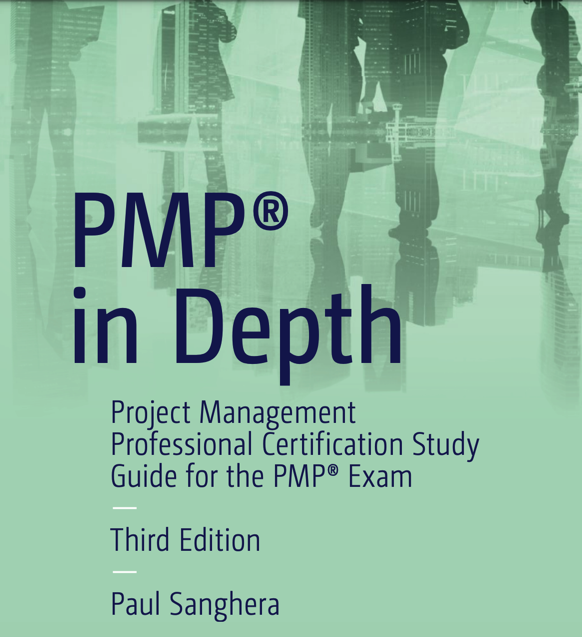Exclusive Courses | AGILE PMP 200 Questions and Answers
All 200 PMP Agile Questions with Answers
- Experienced instructors with industry expertise
- Access to official guides and materials
- Covers all exam topics thoroughly
- Flexible study at your own pace
- Support for exam service
- Anytime access to study resources
What you'll learn
Training Course Outline
AGILE PMP 200 Questions and Answers
Training Options
Self Paced Learning
- Lifelong access to high-quality content
- Curated by industry experts
- Customized learning progress
- 24/7 learner assistance and support
- Follow the latest technology trends
Exam Dump
- 100% Real Exam Practice Tests
- 100% Verified Exam Questions & Answers
- 100% Guarantee Passing Rate
- Average 7 Days to Practice & Pass
Description
Here are all 200 PMP Agile Questions with Answers, ideal for preparing for your PMP (Project Management Professional), CAPM (Certified Associate in Project Management), or ACP (Agile Certified Practitioner) exams.
Pre-requisites
No requirements.

Project Management Professional Certification Study Guide for the PMP® Exam
The primary purpose of this book is to help you pass the Project Management Professional (PMP) exam administered by the Project Management Institute (PMI).
PMP Exam & Certification
What is Agile in PMP?
Agile in PMP refers to integrating Agile methodologies into the Project Management Professional framework, blending traditional Waterfall approaches with iterative, flexible practices. PMP now emphasizes hybrid models (e.g., Agile-Waterfall) to manage projects with evolving requirements. Agile principles like incremental delivery, stakeholder collaboration, and adaptability are incorporated to address dynamic project environments, particularly in industries like software development or product innovation. This integration allows PMP-certified professionals to balance structured planning with Agile's responsiveness, ensuring alignment with modern project demands.
What are the Agile Principles? How do you apply Agile practices, frameworks, and methodologies?
Agile principles, defined by the Agile Manifesto, prioritize customer satisfaction, iterative delivery, collaboration, and adaptability. The 12 principles include rapid value delivery, welcoming changing requirements, and self-organizing teams. Frameworks like Scrum (iterative sprints), Kanban (visual workflow), and Extreme Programming (technical excellence) operationalize these principles. For instance, Scrum uses roles (Product Owner, Scrum Master) and ceremonies (Daily Standups, Sprint Reviews) to structure workflows. Agile practices emphasize continuous feedback, face-to-face communication, and simplicity to enhance project agility.
Are there any domains to prioritize when studying for the PMP exam?
While the PMP exam covers five domains (Initiating, Planning, Executing, Monitoring/Controlling, Closing), Agile-related topics are critical in the latest syllabus. Prioritize domains integrating Agile practices, such as Adaptive/Hybrid Approaches (managing iterative workflows) and Stakeholder Engagement (collaborative decision-making). Focus on Agile tools like burn-down charts, backlog prioritization, and risk management in dynamic environments. Traditional areas like scope and schedule management remain important but are now often contextualized within Agile frameworks.
Are these PMP questions aligned with the latest exam version?
Yes, the PMP exam updated emphasizes Agile and hybrid methodologies, with nearly 50% of content focusing on Agile scenarios, iterative planning, and change management. The exam includes situational questions testing Agile frameworks (e.g., Scrum, Kanban) and hybrid model applications. Ensure study materials reference PMI's Agile Practice Guide and align with the PMBOK Guide Seventh Edition, which integrates Agile principles.
How do you maintain your PMI-PMP certification?
To maintain PMP certification, earn 60 Professional Development Units (PDUs) every three years. PDUs are acquired through activities like training (e.g., Agile courses), webinars, or authoring project management content. At least 35 PDUs must be in "Education" (e.g., Coursera's Agile courses), while up to 25 can be from "Giving Back" (mentoring, volunteering). PMI's Continuing Certification Requirements (CCR) ensure professionals stay updated on evolving practices, including Agile trends.